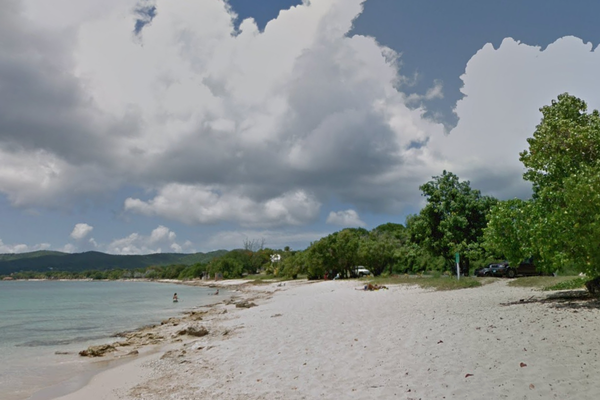
The Australian government is taking a gamble by pressing pause on its formal complaint against China’s hefty tariffs on barley at the 11th hour.
But ministers appear to see this as a risk worth taking in the hope of solving one of the most intractable elements of the wider dispute between Australia and its largest trading partner.
The move, announced on Tuesday, offers China an off-ramp to quietly dismount from its 80% tariffs on Australian barley that were due to be scrutinised by a public ruling by a World Trade Organization dispute panel within weeks.
The possibility of solving the barley dispute has both symbolic and practical importance.
The symbolic significance is that the Chinese commerce ministry’s May 2020 barley announcement was seen as the first step in a wider series of actions against Australian export sectors. These measures were rolled out at the height of the diplomatic rupture with the then Morrison government, which attracted Beijing’s ire by calling for an investigation into the origins of Covid.
But it also has practical importance, because China had previously been the largest export market for Australian barley. The value of such trade averaged about $1.2bn a year between 2014-15 and 2018-19. At the peak in 2016-17, China imported 5.9m tonnes of barley from Australia.
Briefings to the former Australian government noted the steep tariffs had “effectively eliminated Australian barley as a feasible option for Chinese importers” and basically ended the trade overnight.
The Chinese government, for its part, argued that Australia had unfairly subsidised the barley sector and dumped the product cheaply on the Chinese market, causing “material injury” to the domestic barley industry. This sparked an Australian complaint to the WTO that was about to reach its culmination.
The WTO dispute panel was due to hand over its confidential final report to the Australian and Chinese governments by 31 March, and this was expected to be shared with other countries three weeks later.
We don’t know what the panel was about to rule, but the trade minister, Don Farrell, told the ABC’s Landline program on 12 February he believed Australia had “a very strong case”.
Australia has suspended the WTO dispute process in return for China agreeing to “undertake an expedited review” of the barley tariffs over the next three to four months.
If China’s promised review ends with the decision Australia wants – to axe the tariffs – then the WTO process ends without a ruling. That may well be helpful for Beijing, sparing it the possibility of a negative ruling that it probably would have appealed against.
Tuesday’s deal involves a level of political risk for the Australian government, given that there is no guarantee China ends up walking away from the tariffs. The Coalition has already declared that Australia should expect nothing less than “the complete and unconditional removal of tariffs on Australian barley and wine”.
But if China digs in, Australia has made clear that it will simply request the WTO dispute restart at the point where it was paused.
This fits neatly with the Albanese government’s approach to pursue “constructive” dialogue with China, lowering some of the temperature of the public debate without making any policy concessions. The foreign affairs minister, Penny Wong, does not call this a “reset” – because that implies a policy shift – but has been making the case that China and Australia should navigate their enduring differences “wisely”.
Farrell and Wong hope the barley process sets a template for ending the wine tariffs later this year, which are also subject to a WTO challenge. Many of the other trade actions that Beijing has started to roll back – such as restrictions on Australian coal and timber – were introduced quietly in 2020 and likewise could quietly be dropped.
Tuesday’s announcement also shows that despite renewed complaints about the Aukus nuclear-powered submarine plan, the Chinese government has not fundamentally altered its current goal of lowering the temperature with Australia, as it is also seeking to do with other countries including in Europe.
It doesn’t mean there will be no tensions, but Australia’s security policies were already factored in to Beijing’s calculations when it ended the two-year freeze on ministerial and leader-level talks after last year’s election.







